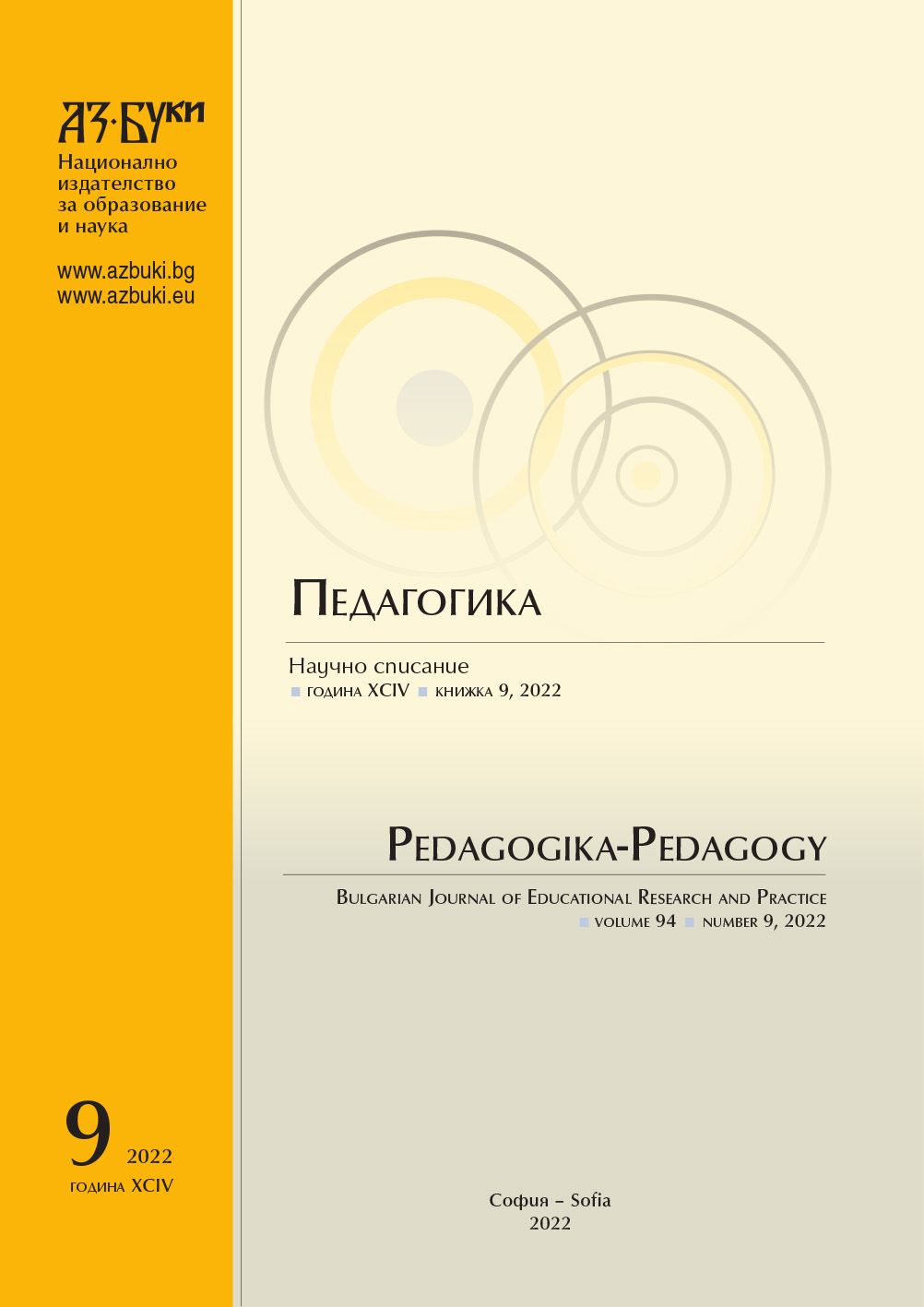Опитът в електронното обучение на студенти и преподаватели като фактор за формиране на отношения и нагласи към неговите възможности и ограничения (уроци от пандемията COVID-19)
Students’ and Teachers’ E-Learning Experience as a Factor Affecting Their Perspectives towards its Advantages and Disadvantages (Lessons from the COVID-19 Pandemic)
Author(s): Roumiana Peytcheva-Forsyth, Lubka AleksievaSubject(s): Social Sciences, Education, Distance learning / e-learning
Published by: Национално издателство за образование и наука „Аз-буки“
Keywords: online education; advantages and disadvantages of e-learning; e-learning
Summary/Abstract: The shift to “emergency remote teaching” forced by the COVID-19 pandemic has posed a huge challenge to most of the teachers and students in higher education institutions worldwide. Our research focus in previous publications was aimed at establishing the impact of e-learning experiences during the COVID-19 pandemic of separately teachers and students at Sofia University (Bulgaria) on their evaluations of e-learning strengths and weaknesses, as well as their attitudes towards this e-learning in general. As a sequel, in the present paper an attempt is made to compare the perspectives of the two groups towards e-learning, influenced by their experience. The survey of teachers and students’ opinions was conducted through online surveys at the end of the summer semester of the 2019/2020 academic year, when, due to the pandemic, approximately 4 months of the learning process was provided entirely online. Participants in the study were 383 teachers and 1239 students from all 16 faculties of the Sofia University. Findings from the data analysis revealed the presence of statistically significant dependencies between teachers and students’ experiences in online learning and their views of theoretically and practically proven advantages and disadvantages of e-learning. The results in the two groups appeared to be almost similar, which gave us reason to claim that richer experience in e-learning is a significant prerequisite for the formation of positive attitudes towards e-learning in both students and teachers, and vice versa, lack of experience or insignificant experience negatively affects their evaluations of e-learning.
Journal: Педагогика
- Issue Year: 94/2022
- Issue No: 9
- Page Range: 1169-1190
- Page Count: 21
- Language: Bulgarian
- Content File-PDF

